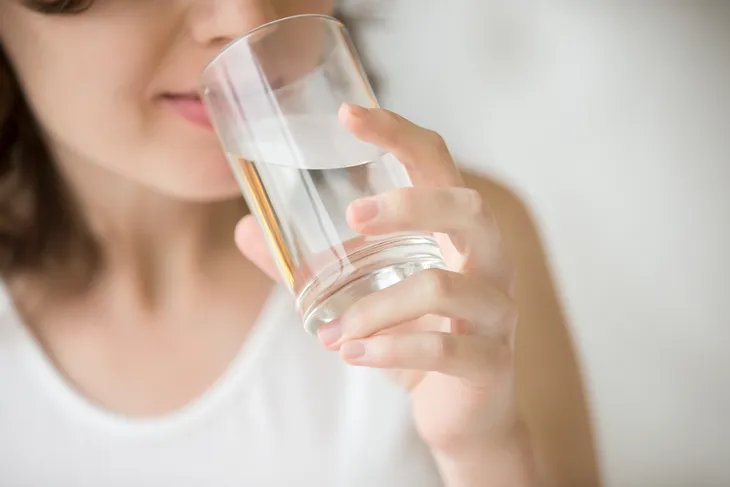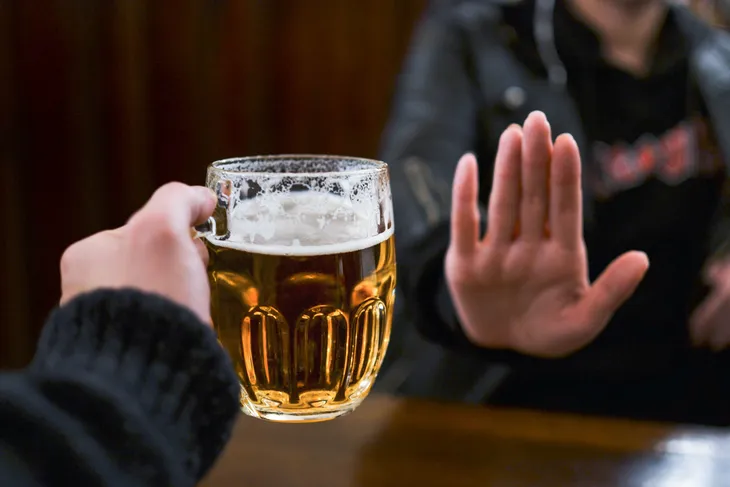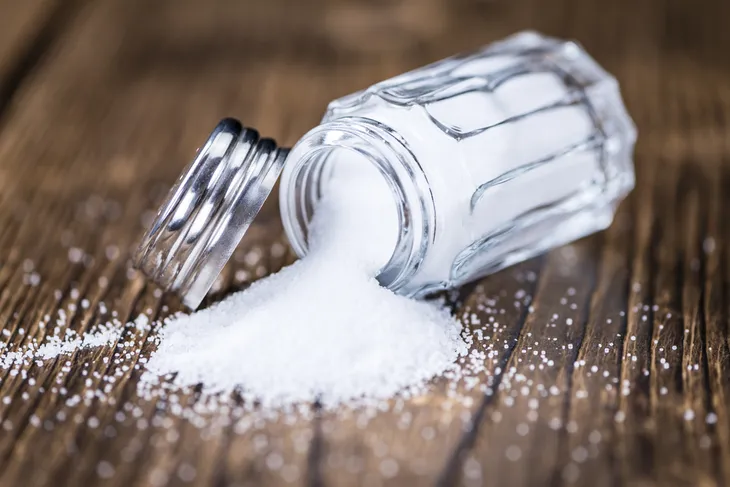Hypotension, or low blood pressure, occurs when your blood pressure drops below the normal range, which is around 120 (systolic)/80 (diastolic) for the average person. Hypotension is treatable, however, if left untreated, it can weaken the heart and cause symptoms of lethargy, weakness, lightheadedness, fatigue, and even fainting due to inadequate blood flow to the heart, brain, and other vital organs.
Common causes of low blood pressure include poor diet and malnutrition, loss of blood, and emotional disorders (i.e., bulimia, anorexia). Here are 10 tips for controlling your low blood pressure…
Want diet & nutrition content delivered straight to your inbox? Sign up for our exclusive diet & nutrition newsletter!
Consume a Balanced Diet
Eating a healthy, balanced diet—made up of lean protein, complex carbohydrates, fresh fruits and vegetables will help keep your blood pressure stable. Also, eating smaller, more frequent meals will encourage digestion and absorption better than larger meals.
Stay Hydrated
A key to keeping blood pressure levels from dropping is to stay hydrated. So make sure to drink lots of fluids—including water, herbal teas, and even Gatorade for the electrolytes in attempts to avoid dehydration.
Avoid Heat Exhaustion
The heat can wreak havoc on patients with low blood pressure and cause you to faint. So stay out of the heat whenever possible to avoid heat exhaustion in places like saunas, hot baths, showers, during exercise, and outside on unprotected sunny days.
Avoid Alcohol
Drinking alcohol can intensify low blood pressure and dehydration due to the drying effects of booze. So either avoid alcohol entirely or drink only moderately to avoid becoming parched and fatigued.
Take Rest
You have to remember that those with low blood pressure have less blood flow to vital muscles, joints, and organs. That’s why it’s important to take it slow, and when you feel fatigued to take frequent rest breaks—particularly when physically exerted, or getting up from a lying or sitting position too quickly.
Know the Symptoms
If you feel nauseated or faint (common symptoms of postural hypotension) make sure to get to a safe place and sit or lie down, should you become faint or dizzy and fall.
Increase Sodium Intake
Oftentimes, doctors of patients with hypotension may recommend an increased salt intake to the diet via sodium supplements, electrolyte drinks, etc., to safely increase blood pressure levels. However, keep in mind that no more than 10-grams of sodium per day is recommended, as too much of an increase can have the opposite effect and lead to high blood pressure (hypertension).
Wear Compression Aids
Your doctor may suggest compression garments—such as socks or stockings—to help reduce the pain and swelling associated with varicose veins (painfully swollen veins in the thighs and calves). The compression aids will prevent blood pooling in your legs, which stifles blood flow.
Encourage Blood Flow
You can do your part naturally to encourage blood flow throughout the body by doing some light exercise (like yoga) and by avoiding crossing your limbs (i.e., sitting with legs crossed, sitting cross-legged, folding your arms) and by leaving limbs loose to avoid blocking blood flow.
Talk to Your Doctor
Keep your doctor posted on how you’re feeling, frequency of symptoms, and diet. And be sure to read up on the hypotension medications he or she prescribes so you eat a complimentary diet and choose complimentary lifestyle aids to help control your low blood pressure.













